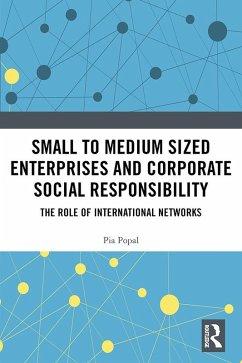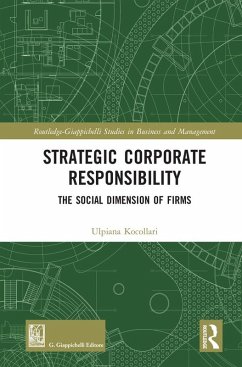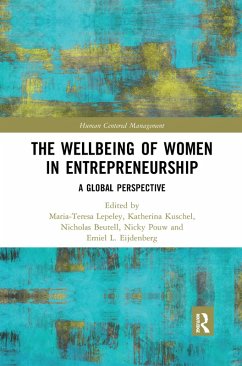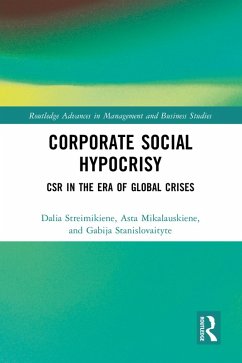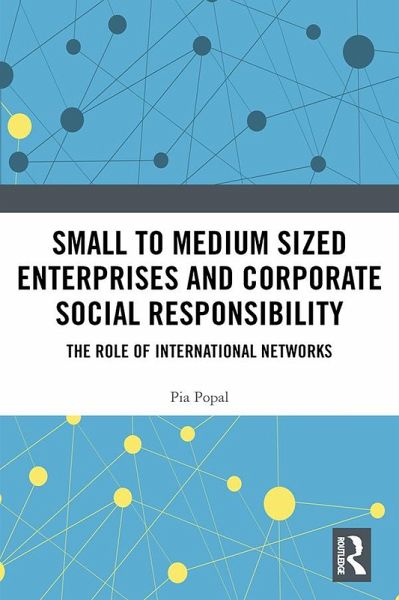
Small to Medium Sized Enterprises and Corporate Social Responsibility (eBook, ePUB)
The Role of International Networks
Versandkostenfrei!
Sofort per Download lieferbar
41,95 €
inkl. MwSt.
Weitere Ausgaben:

PAYBACK Punkte
21 °P sammeln!
While the Corporate Social Responsibility (CSR) activities of small firms have been analysed to some extent, their engagement in international networks relating to CSR is less understood. Most of these networks primarily address the needs of multinational corporations. Surprisingly, however, the number of small firms participating in such institutions has substantially increased over recent years. But what is the reason for this new interest of SME in institutional forms of CSR?Based on a qualitative empirical study of German small firms' participation in the most prominent CSR institution, th...
While the Corporate Social Responsibility (CSR) activities of small firms have been analysed to some extent, their engagement in international networks relating to CSR is less understood. Most of these networks primarily address the needs of multinational corporations. Surprisingly, however, the number of small firms participating in such institutions has substantially increased over recent years. But what is the reason for this new interest of SME in institutional forms of CSR?
Based on a qualitative empirical study of German small firms' participation in the most prominent CSR institution, the UN Global Compact, this book explores the drivers for small firm participation. The motivations are complex and do not follow the same hierarchical order associated with large business behaviour. Rather, reasons for institutional engagement suggest a heterarchical structure, where alignment is contingent upon factors such as individual CSR perception, self-conception or social environment.
The book explains why small firms prefer to engage in sustainable development within institutionalised forms of CSR rather than act in isolation, and provides recommendations on how to support and thus increase SME participation in institutionalised forms of civic engagement.
Based on a qualitative empirical study of German small firms' participation in the most prominent CSR institution, the UN Global Compact, this book explores the drivers for small firm participation. The motivations are complex and do not follow the same hierarchical order associated with large business behaviour. Rather, reasons for institutional engagement suggest a heterarchical structure, where alignment is contingent upon factors such as individual CSR perception, self-conception or social environment.
The book explains why small firms prefer to engage in sustainable development within institutionalised forms of CSR rather than act in isolation, and provides recommendations on how to support and thus increase SME participation in institutionalised forms of civic engagement.
Dieser Download kann aus rechtlichen Gründen nur mit Rechnungsadresse in A, B, BG, CY, CZ, D, DK, EW, E, FIN, F, GR, HR, H, IRL, I, LT, L, LR, M, NL, PL, P, R, S, SLO, SK ausgeliefert werden.






